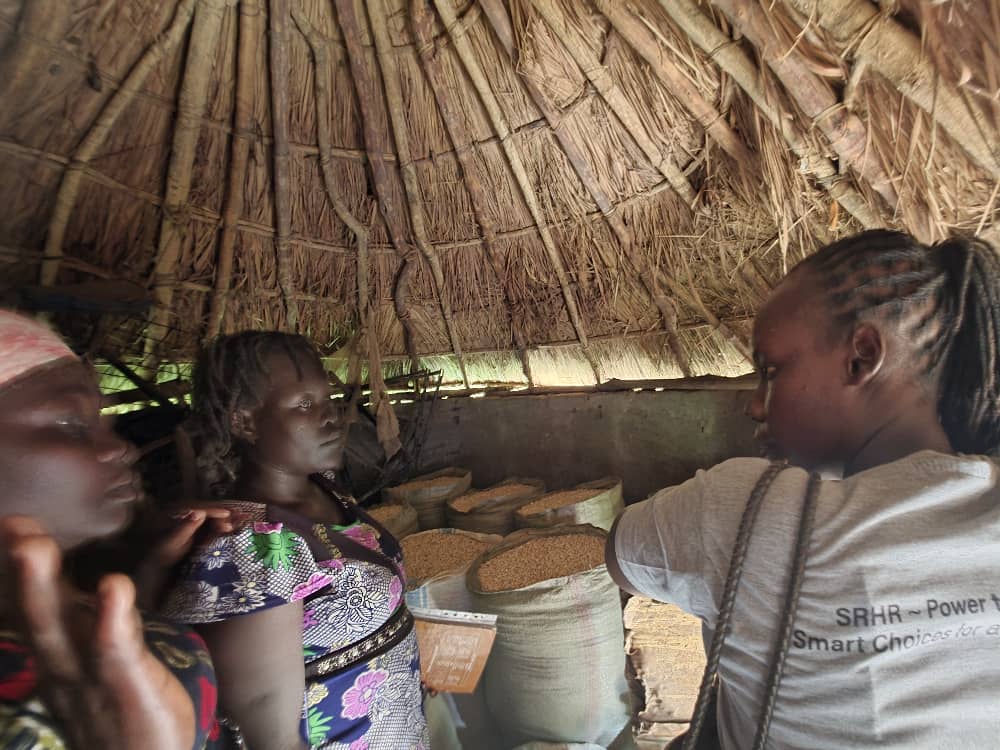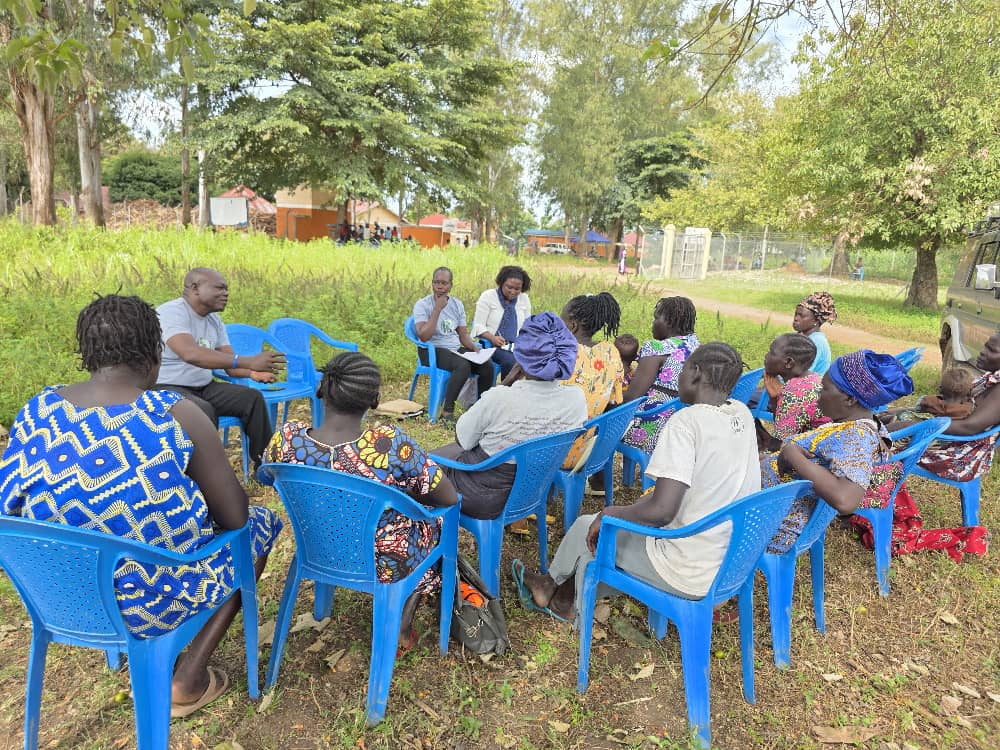 Microenterprise support refers to the various forms of assistance provided to very small businesses, typically those with fewer than 10 employees and minimal startup capital. These businesses often serve local communities and are crucial for grassroots economic development.
Microenterprise support refers to the various forms of assistance provided to very small businesses, typically those with fewer than 10 employees and minimal startup capital. These businesses often serve local communities and are crucial for grassroots economic development.
Types of Microenterprise Support. Here is how RHAC-Uganda structures it’s support to it’s target beneficiaries who are over 53% women led enterprises dealing in agricultural value chains:
Microfinance & Microcredit Small loans with little or no collateral designed for individuals with limited access to traditional banking helps launch or expand tiny businesses like tailoring, farming, or street vending
Training & Capacity Building Business skills workshops (e.g., bookkeeping, marketing) Technical training for specific trades or services. Mentorship programs to guide entrepreneurs
Market Access & Networking Connecting microenterprises to buyers or suppliers, support for participating in trade fairs or online marketplaces
Policy & Legal Support Simplified registration processes, tax incentives or exemptions legal aid for business-related issues
Community-Based Support Cooperatives or savings groups, Local NGOs or government programs offering tailored aid and we also train and build capacity of rural farmers and small enterprise with financial literacy and entrepreneurship skills.
Why It Matters! Microenterprise support is especially vital in rural regions. It empowers individuals often women or marginalized groups—to become economically self-sufficient, create jobs, and strengthen local economies. In most parts of Africa, research has shown that most rural farmers have often been left out of the financial systems and has left them at the mercy of middlemen who do marketing and distribution of the farm produces causing significant losses to farmers due to commissions. RHAC-Uganda underscores the need to develop the rural farmers to increase profitability of their produce and develop beyond medium/large scale farmers. Women entrepreneur groups have also formed functional VSLAs, that have improved their saving culture, peaceful coexistence, and business progress.
Microenterprise support is especially vital in rural regions. It empowers individuals often women or marginalized groups—to become economically self-sufficient, create jobs, and strengthen local economies. In most parts of Africa, research has shown that most rural farmers have often been left out of the financial systems and has left them at the mercy of middlemen who do marketing and distribution of the farm produces causing significant losses to farmers due to commissions. RHAC-Uganda underscores the need to develop the rural farmers to increase profitability of their produce and develop beyond medium/large scale farmers. Women entrepreneur groups have also formed functional VSLAs, that have improved their saving culture, peaceful coexistence, and business progress.
